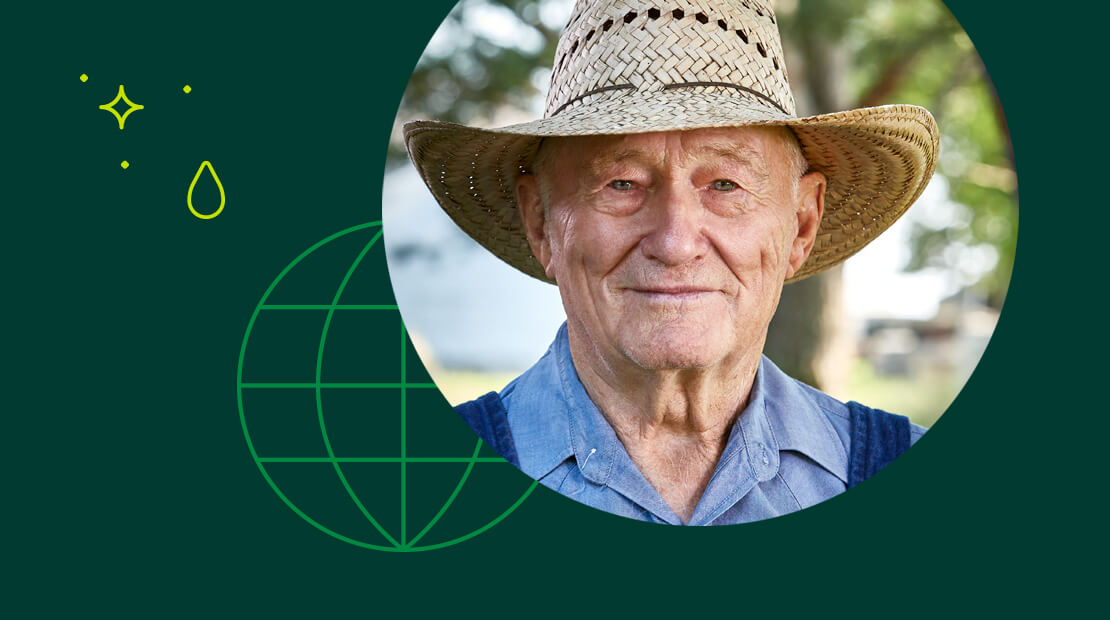
Our Approach to Supplier Management
Our multifaceted supply chain includes suppliers of hogs, turkeys, ingredients, packaging materials and transportation. While it is a complex undertaking to understand and measure supply chain impacts, our Supplier Code of Conduct helps guide our suppliers toward the delivery of high quality products and services in ways that align with our commitment to responsible environmental and social performance.
We continue to review and update the Supplier Code of Conduct on an ongoing basis to ensure that top sustainability concerns are addressed and that they are ingrained in all levels of our business.
We require all participants in our business, just like everyone within Hormel Foods, to consistently meet our standards and demonstrate their commitment to transparency and honesty through ethical business practices. Our Supplier Code of Conduct defines our expectations in areas such as:
- Product Quality and Safety
- Human Rights
- Animal Care
- Environmental Management
- Business Integrity